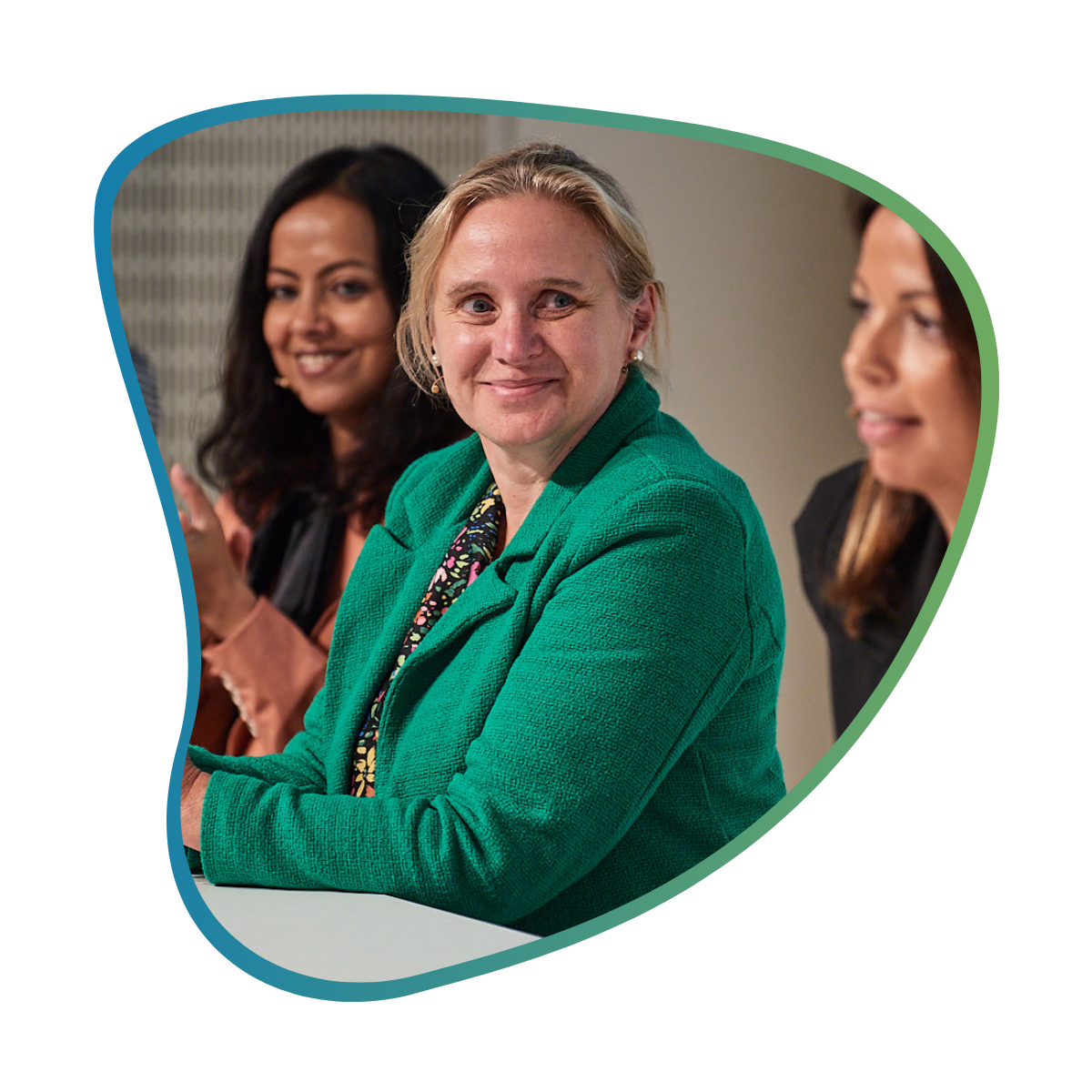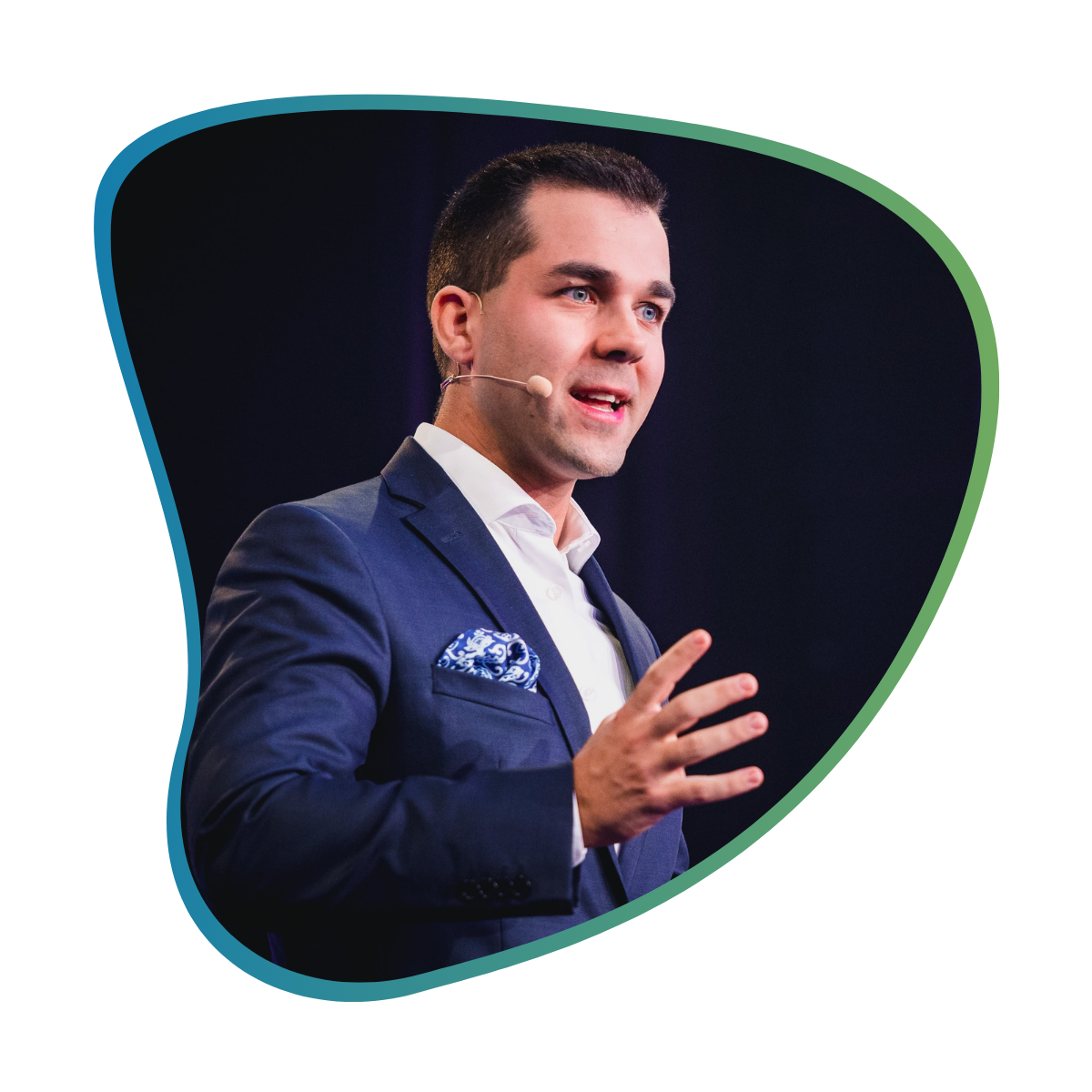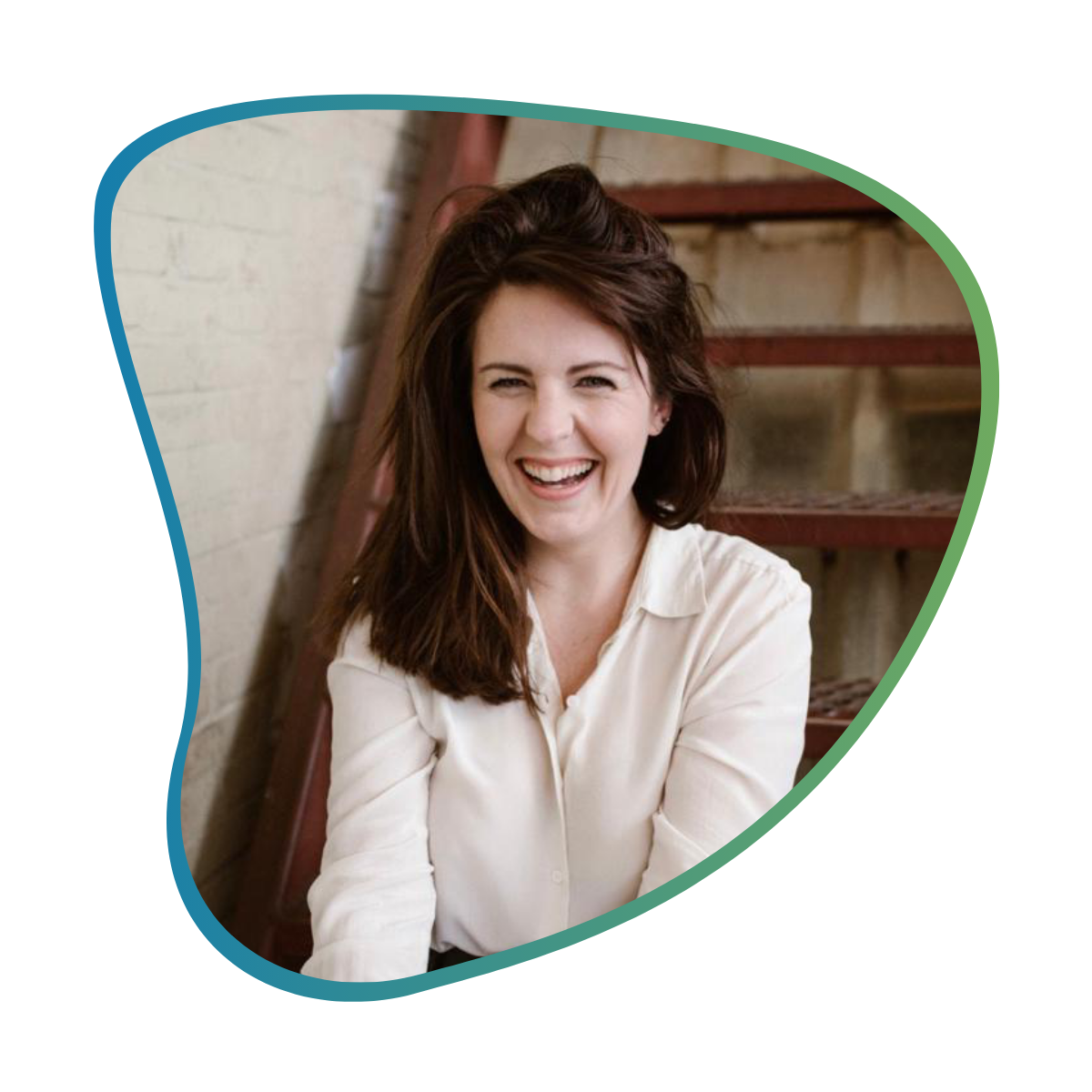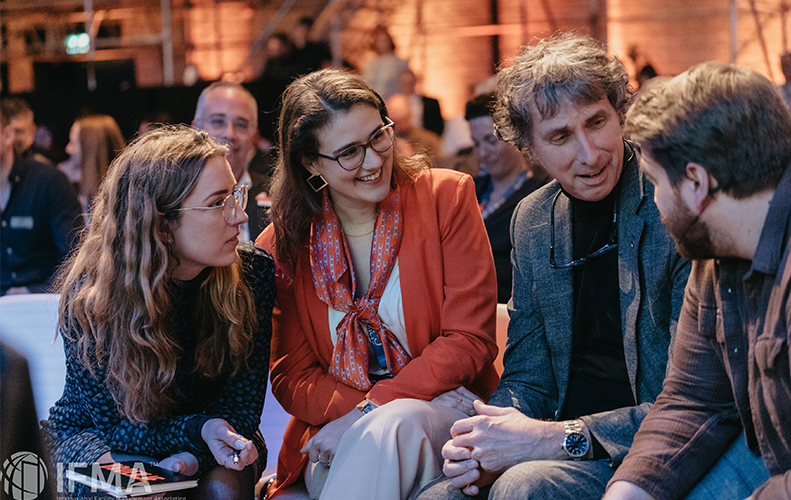KEYNOTE SPEAKERS

Geertrui Mieke de Ketelaere
OPENING KEYNOTE - 6 March 09.30
The Good, the Bad and the Ugly of AI
Geertrui Mieke De Ketelaere is Adjunct Professor at Vlerick Business School. She holds a Master’s Degree in Civil and Industrial Engineering and specialized in robotics and artificial intelligence during her studies. Over the last 28 years, she has worked for several multinationals on all aspects of data and analytics (IBM, Microsoft, SAP, SAS, etc). In 2018, she was nominated ‘ICT Woman of the Year’ in Belgium. The State Secretary of Digitalization, Mathieu Michel, appointed Mieke as ‘Digital Mind’ in 2020.

Mark T. Hofmann
KEYNOTE - 6 March 16.30
The Psychology of Cybercrime
Mark T. Hofmann is a Crime & Intelligence Analyst ('Profiler') and holds a Master's degree in Business Psychology. He specializes in Behavioral and Cyber Profiling and has conducted scientific interviews with psychopaths, criminals, and hackers to gain insight into their perspectives. Hofmann is a renowned profiling expert, known for his international TV appearances on channels such as CNN, CBS, Dr. Oz, 60 Minutes Australia, Forbes, and BusinessInsider.
What motivates hackers? What are their latest social engineering techniques? How can we become a 'human firewall'? It's worth noting that more than 90% of cyberattacks are caused by human error. Humans are often considered the weakest link in cybersecurity, but there are ways to address this vulnerability.
Meet Mark T. Hofmann, a Crime & Intelligence Analyst, Business Psychologist, and renowned expert in the field of behavioral and cyber profiling. He has had the unique opportunity to meet and anonymously interview hackers, including individuals whose crimes remain undiscovered to this day. Join us for a rare glimpse into the psychology of cybercrime. Mark will take you on a journey into the minds of hackers, explaining how and why social engineering works and what steps we can take to become a 'human firewall.

Sophie Schuller

Elizabeth C. Nelson
CLOSING KEYNOTE - 7 March 16.30
'Man-Made' - Who are Buildings Built for - and Will AI Make it Better?
Sophie Schuller, a seasoned Urban Advisor and Built Environmental Neurophysiology Researcher in the Netherlands, offers 18+ years of expertise advising global organizations on the impact of real estate, architecture, and design on human health and social value creation. A respected speaker and author, she co-authored "Reworking the Workplace" with RIBA in 2023, while leading research at academic institutions and private firms like Cushman and Wakefield. Pursuing a PhD at the Technical University of Eindhoven, Sophie holds an MSc in Neuroscience from King’s College London, a BSc (Hon) in Urbanism, and an MBA from London Business School (2016).
"First, we shaped our buildings; now they are shaping us."
The value and role of buildings have always been divisive discussions. Who are buildings for? Humans? Organizations? The bank manager? Despite buildings being a human invention, their historical, economic, and social roles have long demonstrated their complexity and influence on various aspects such as human health and socioeconomic status. With increasing research linking physical and mental health issues to urban environments, we are arguably entering one of the most critical periods for contextualizing and redeveloping our built environments to accommodate people and their needs. But where is the potential, and can changing the infrastructure actually create a profound ripple effect?
Alongside this return to humanistic harmony, we are entering a digital revolution like no other. AI, VR, and their cyborg relatives provide us with opportunities for enhanced convenience and streamlined processes, promising a future where mundane tasks are relegated to algorithms. This keynote explores how to redefine the human at the center of the built environment in an increasingly less human-centric world. Through compelling narratives and visionary insights from a self-confessed humanist and an AI Evangelist, we will delve into the opportunities, challenges, and downright scary aspects to explore how AI-driven innovation might help rehabilitate our cityscapes to a more humane scale. Join these two leading scientists to understand and reimagine the future of real estate, where the impact may surprise you, but the potential will excite you.
Elizabeth C. Nelson, author of The Healthy Office Revolution, is a pioneering researcher and disruptor recognized as one of the Top 10 Women of 2020. With a Ph.D. in biomedical engineering, she challenges norms, focusing on our relationship with technology and improving living and working conditions. As Co-founder of Smart Building Collective, Elizabeth leads a diverse team of experts advancing smart building evolution, aiming to create functional, sustainable, cost-effective, and healthier spaces through innovative data-driven solutions.
"First, we shaped our buildings; now they are shaping us."
The value and role of buildings have always been divisive discussions. Who are buildings for? Humans? Organizations? The bank manager? Despite buildings being a human invention, their historical, economic, and social roles have long demonstrated their complexity and influence on various aspects such as human health and socioeconomic status. With increasing research linking physical and mental health issues to urban environments, we are arguably entering one of the most critical periods for contextualizing and redeveloping our built environments to accommodate people and their needs. But where is the potential, and can changing the infrastructure actually create a profound ripple effect?
Alongside this return to humanistic harmony, we are entering a digital revolution like no other. AI, VR, and their cyborg relatives provide us with opportunities for enhanced convenience and streamlined processes, promising a future where mundane tasks are relegated to algorithms. This keynote explores how to redefine the human at the center of the built environment in an increasingly less human-centric world. Through compelling narratives and visionary insights from a self-confessed humanist and an AI Evangelist, we will delve into the opportunities, challenges, and downright scary aspects to explore how AI-driven innovation might help rehabilitate our cityscapes to a more humane scale. Join these two leading scientists to understand and reimagine the future of real estate, where the impact may surprise you, but the potential will excite you.
Explore the Complete Lineup
Discover our list of speakers, topics and gain an overview of what you can anticipate at this year's conference
Get Event Updates
Stay in the loop with the latest event updates and announcements


